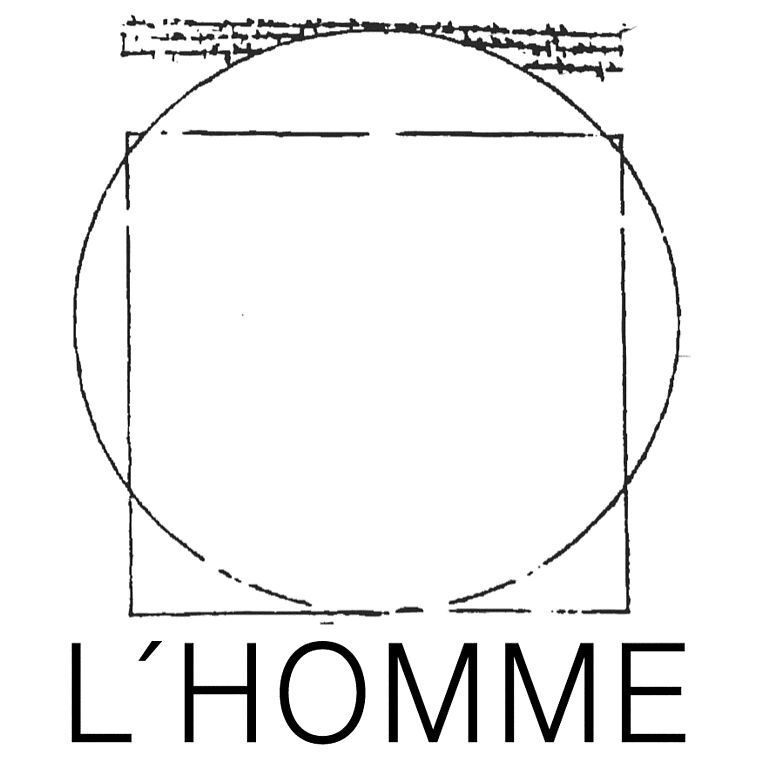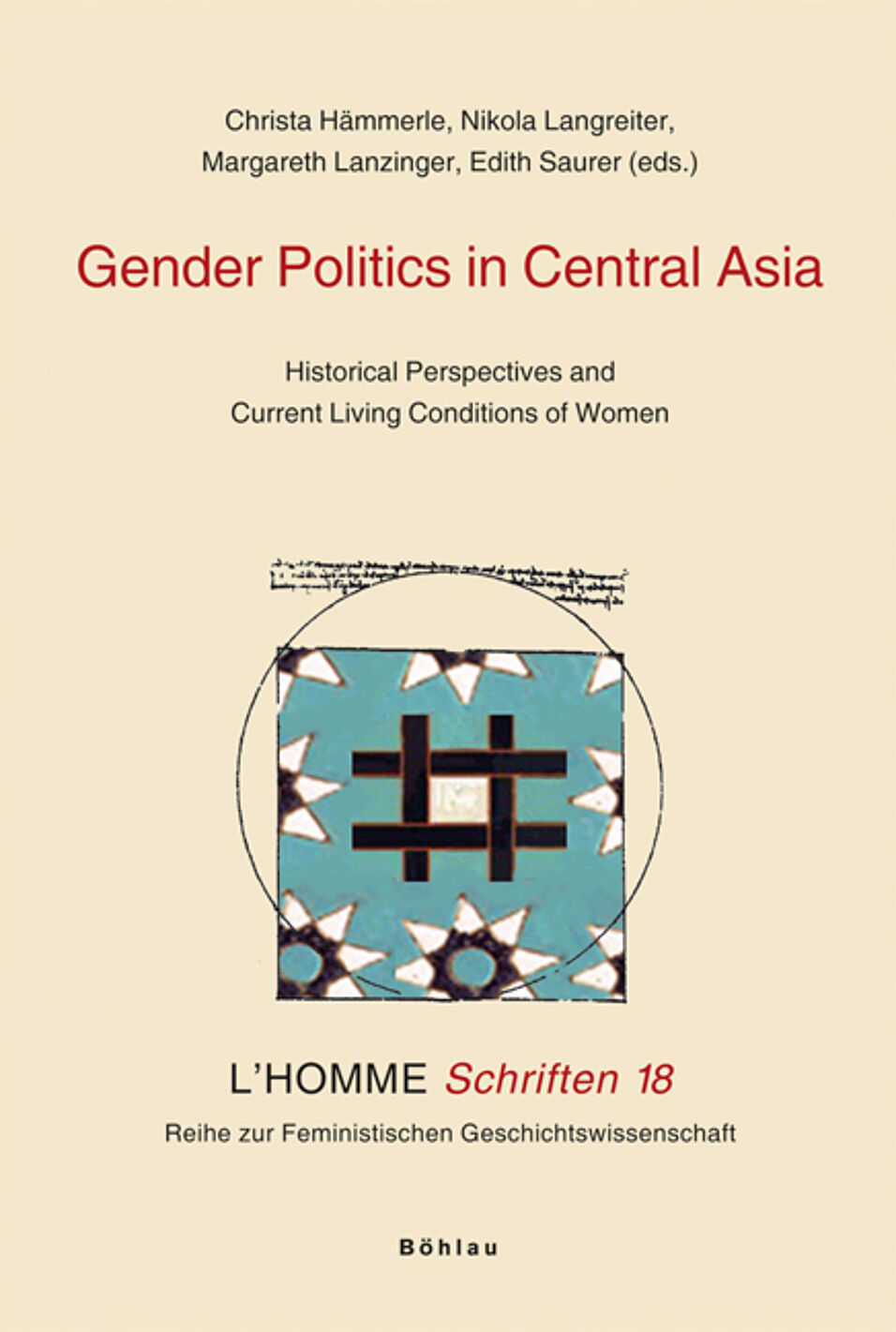Ed. by Christa Hämmerle, Nikola Langreiter, Margareth Lanzinger and Edith Saurer
Gender Politics in Central Asia
Historical Perspectives and Current Living Conditions of Women
L’HOMME Schriften, 18
Köln/Weimar/Wien: Böhlau 2008
Das Buch ist nicht mehr im Buchhandel erhältlich,
Restexemplare können bei der L'Homme-Redaktion bestellt werden: lhomme.geschichte [at] univie.ac.at
The international public has taken a while to notice the specific problems of Central Asia and its significance for Europe – both politically and as a subject of research – in contrast to its immediate attention to the post-communist states in Central, Eastern, and South-Eastern Europe.
The origins of this book go back to a project on gender politics in Central Asia intended to both collect material on the situation in the countries of Central Asia with regard to organisations and women’s own experiences and to analyse the findings from a gender perspective. At the same time, the project was intended to stimulate research on the region and to bring the Central Asian states into the discussions that are currently going on in women’s and gender studies.
The eight contributions to this book deal with gender politics in Central Asia (specially in Uzbekistan, Tajikistan, Kazakhstan) and, in doing so, put women’s current life situations into political, social, economic, and cultural contexts. Each essay focuses on some special issue, but beyond this specific focus the essays provide basic information and data on the state in question – demographic and economic structures or political and ideological conditions.
Presse
"Auffälligstes Merkmal des Bandes ist, dass die Autorinnen und Autoren ihre teilweise hochinteressanten Forschungsergebnisse und Interpretationen knapp und konzentriert darlegen. ... Gerade die Meinungsvielfalt, die ja auch den Diskussionsstand widerspiegelt, macht u. a. den Wert des Bandes aus."
Beate Eschment, in: osteuropa, 58, 11 (2008), 171f.
"... liegt zweifelsohne das Verdienst des Bandes darin, die Gender-Politik in Zentralasien überhaupt zu thematisieren. Denn wir wissen wenig über die Veränderungen von Frauen- und Männerrollen in den postsowjetischen Staaten, und es erschreckt, dass es manchen Frauen aufgrund politischen und wirtschaftlichen Drucks nicht möglich war, sich an dem Projekt zu beteiligen. So bleibt als kurzes Fazit festzuhalten, dass der L'Homme-Band zum Weiterforschen auffordert."
Jörn Happel (Basel), in: Jahrbücher für Geschichte Osteuropas, 59, 2 (2011), 268-269

